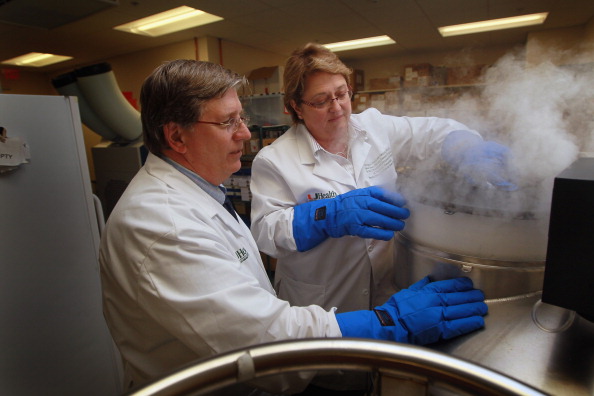
It is not completely overreaching to say that immortality is a concept that humanity has always been interested in. From the search for the elixir of life to strides in cryonics, generations upon generations have been in search for the ultimate cure for death. While efforts have been unsuccessful, a recent development coming from Japan might be the first step in human being living forever.
According to an article by BBC published late last week, Japanese researchers from the National Institute of Polar Research in Tokyo have managed to resurrect a pair of microscopic animals called tardigrade or water bears. These tardigrades have been in storage since they were collected from the Antarctic in 1983. One of the test subjects died twenty days after being revived. However the remaining tardigrade has since managed to reproduce with a third water bear. Of the 19 eggs laid, 14 have survived.
"We want to unravel the mechanism for long-term survival by looking into damage to tardigrades' DNA and their ability to repair it" quipped Megumu Tsujimoto, one of the researchers involved in the scientific paper published in Cryobiology journal.
The recent study is not the first exploration of tardigrades surviving extreme temperatures. Before the breakthrough, a specimen which has been frozen for eight years have been managed to be revived. Nevertheless, 39 years might not be the maximum duration a tardigrade can be left in cold temperatures.
Tardigrades are known to be an extremely resilient species. These water-dwelling animals, which were discovered by Johann August Ephraim Goeze in 1773, are known to withstand temperatures from -458 F to 300 F. These animals, which clocks in at a very diminutive 0.5 millimeters, can also survive radiation hundreds of times higher than the lethal dose for humans and are capable of going without food for a decade.
